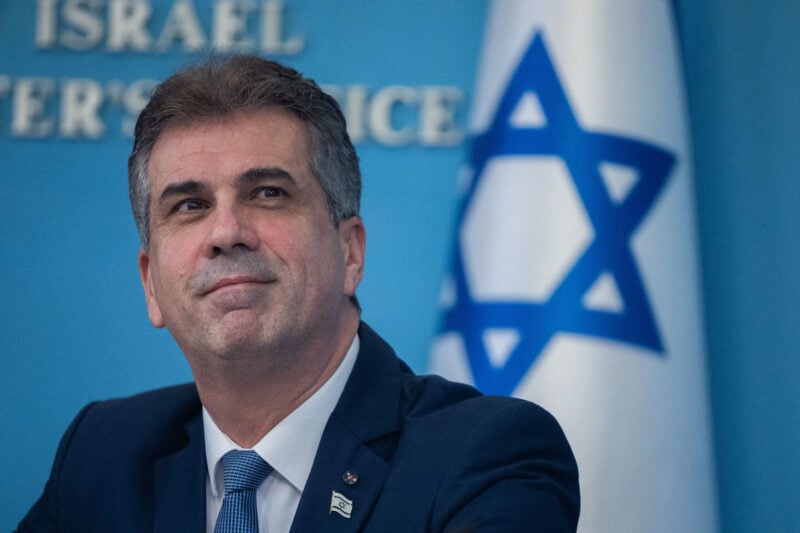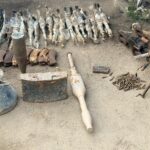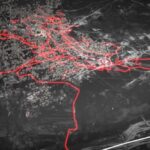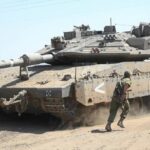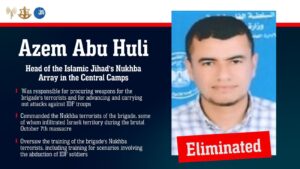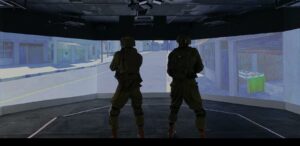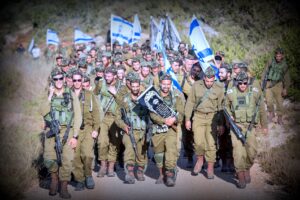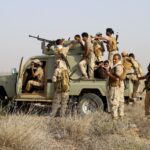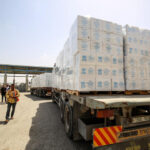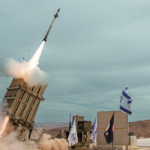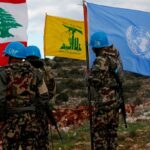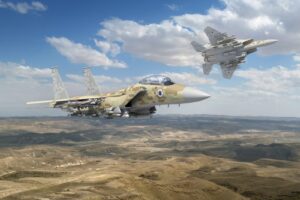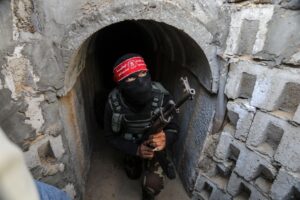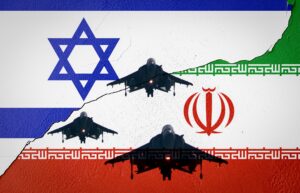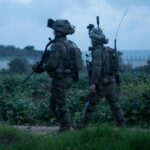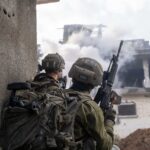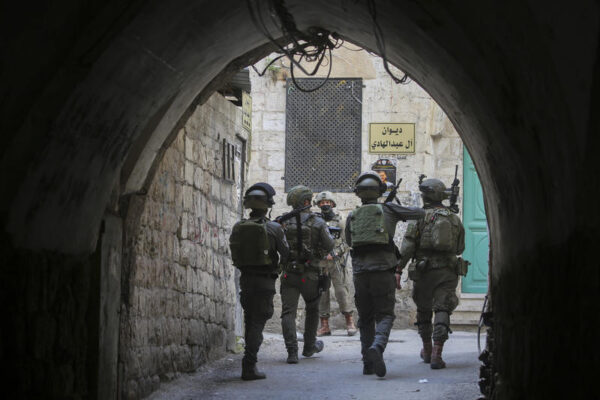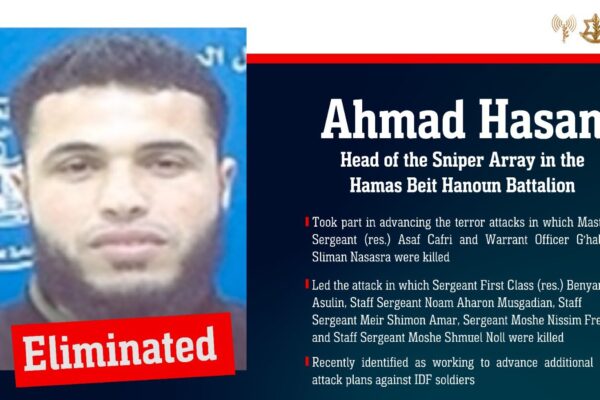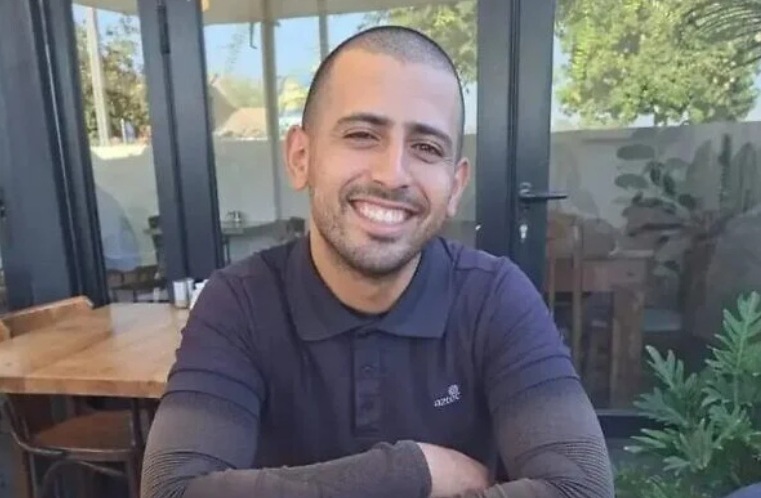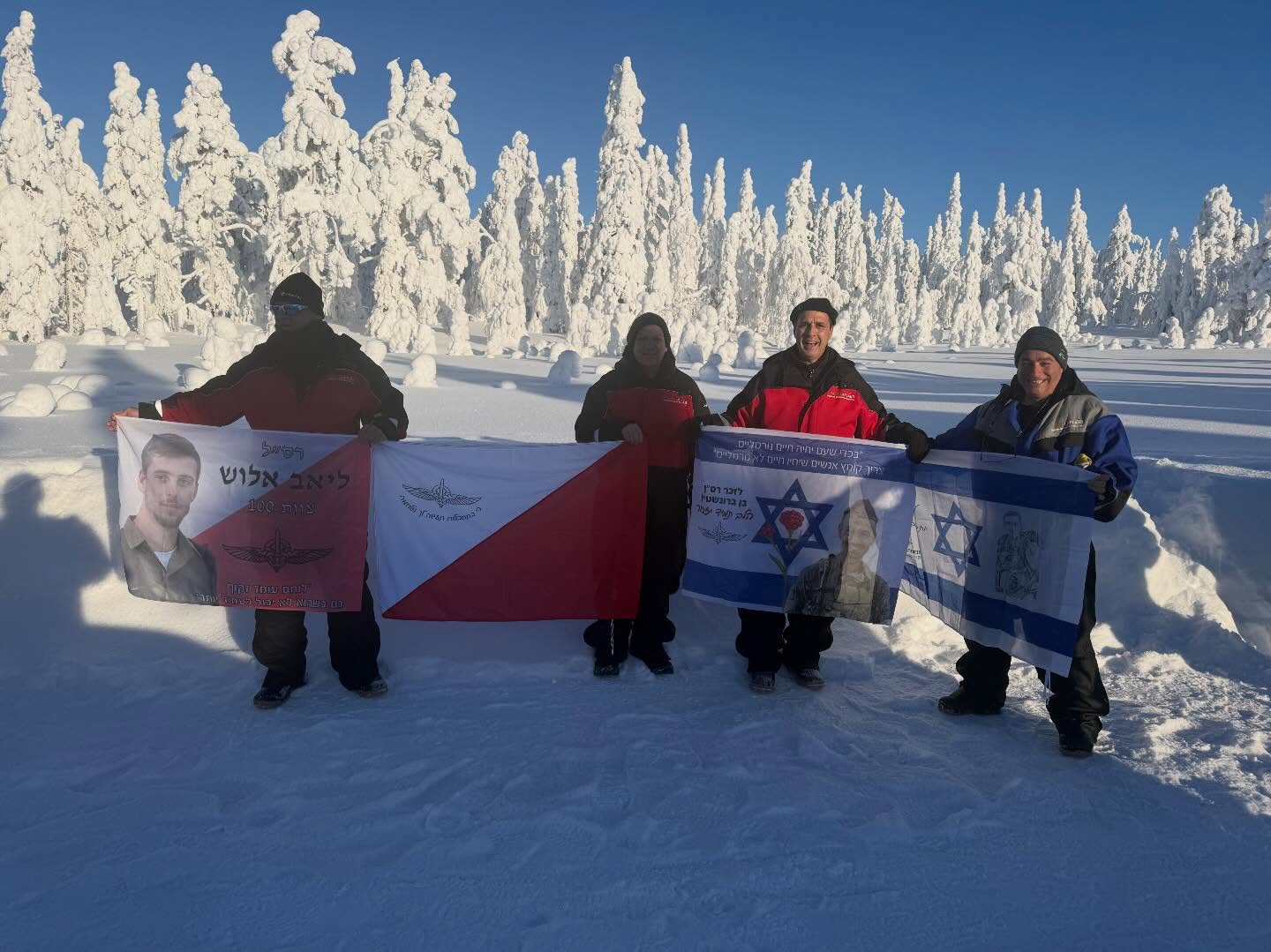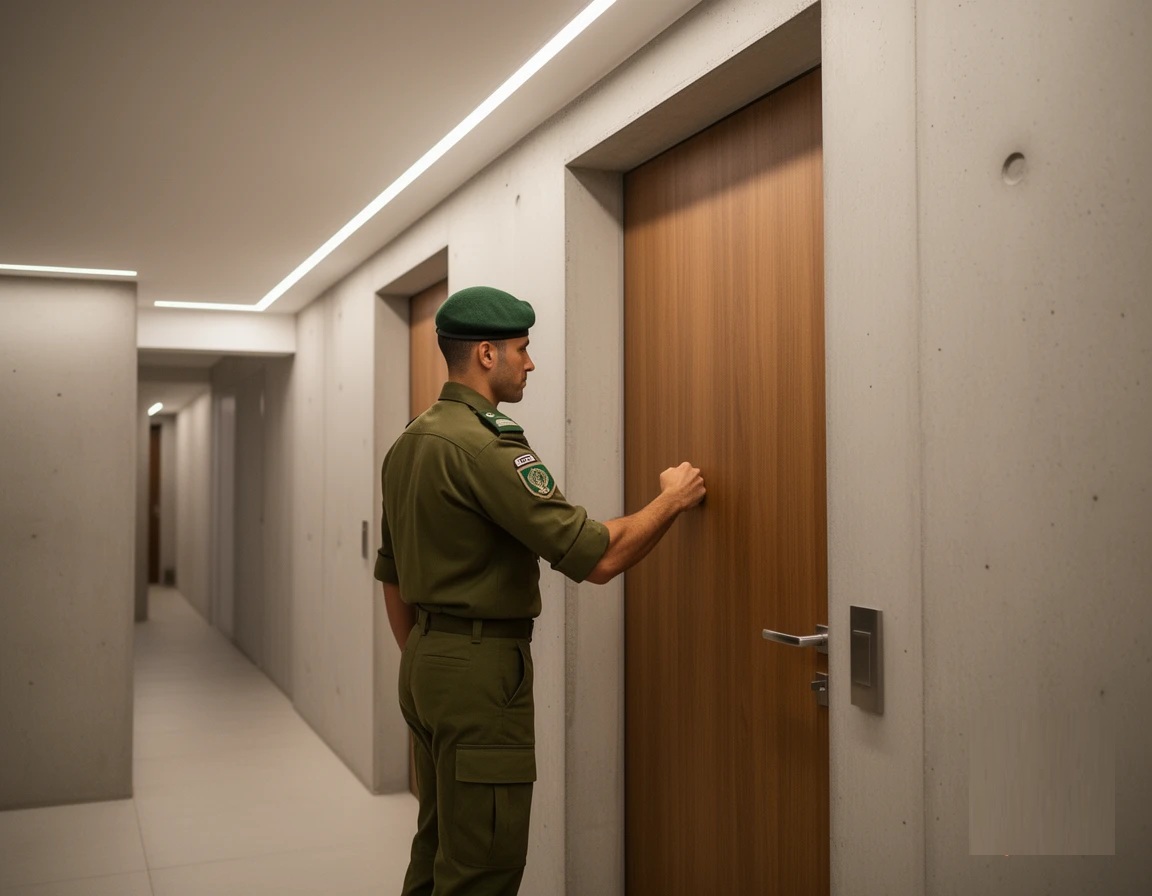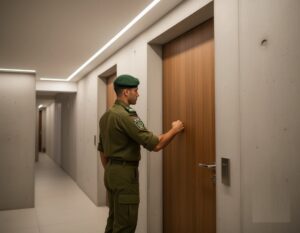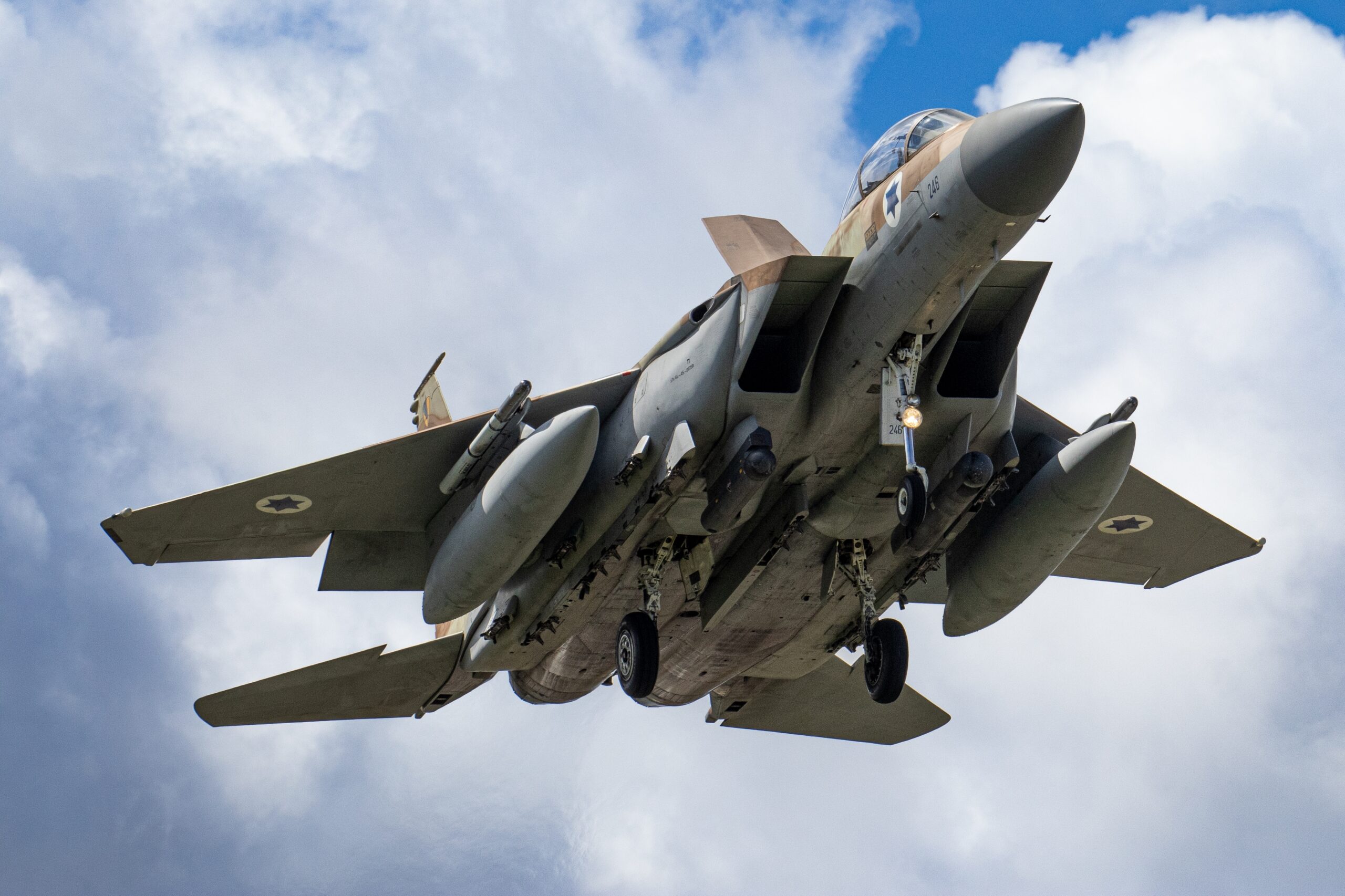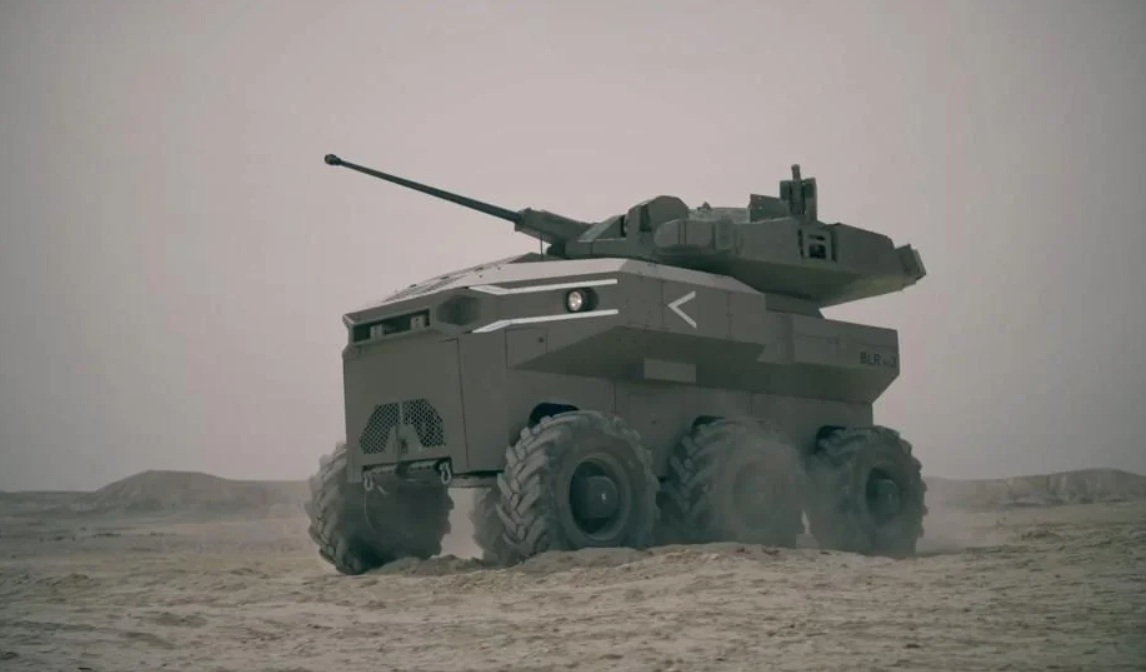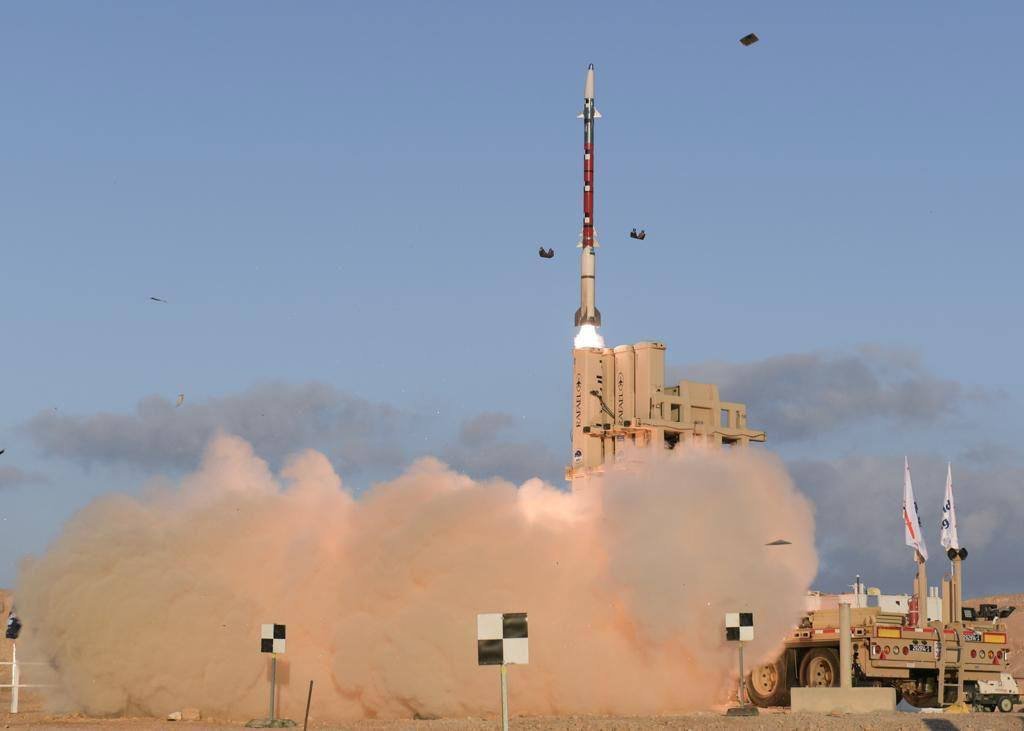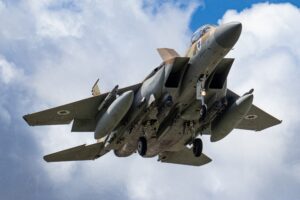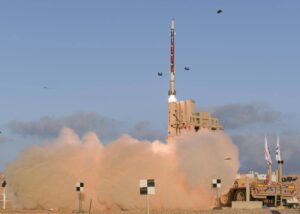The ministry touts global public relations victory against Islamic Jihad, citing majority of supportive statements during Operation Shield and Arrow.
The IDF Club
Israel’s foreign ministry expressed satisfaction Sunday with the support the country received during the just-concluded Operation Shield and Arrow, claiming that it showed the international community understood Israel’s right to defend itself from attack.
Foreign Minister Eli Cohen praised “the hard and professional diplomatic work” by his staff at home and around the world for the fact that the “legitimacy” Israel enjoyed to defend itself “remained stable throughout the entire operation and even strengthened.”
“The international community understands and backs Israel in its actions against the [Palestinian] Islamic Jihad (PIJ) terror organization, a proxy of the Iranian terror regime,” he said. “In my conversations with foreign ministers…and ambassadors serving in Israel, I heard that they support Israel’s right to defend its citizens.”
Cohen also credited his ministry’s diplomats for getting a United Nations Security Council statement critical of Israel blocked on Wednesday, the second day of the operation. An emergency session called by the United Arab Emirates ended without such a symbolic declaration due to the Americans and British envoys saying that they would not support it, even though it also condemned the rocket fire from Gaza.
Jerusalem had been concerned that the statement would still equate the terrorists with their intended victims, and successfully lobbied its friends on the Security Council to block it.
According to Israel National News, officials at the ministry said that Jerusalem had received “broad support” not only publicly but also “through diplomatic channels,” i.e., from countries who may have internal reasons for not wanting to be seen as supporting Israel over Palestinians.
Broad foreign support for the operation came despite predictions by Western diplomats who told Ha’aretz last week that the number of civilians killed during the IDF assassinations of three senior PIJ terrorists in the first moments of the operation would make it harder for Israel to garner backing for its actions.
Israel had regretted the deaths of all Gazan civilians, while noting that the terrorists were committing war crimes by using noncombatants as human shields. Officials also pointed out that while the IDF targets only terrorists, even calling off missions when it knows civilians are in the immediate area, the terror organizations, such as PIJ and Hamas, deliberately launch their attacks, whether airborne or on the ground, at Israeli civilians, which is also indisputably a war crime.
Hungary, Austria, the Netherlands, Australia and the United States were only some of the countries that condemned the terrorist rocket attacks.
According to the IDF, over the five days of the operation, the PIJ launched 1,469 projectiles at Israel, with the Iron Dome intercepting 437 of them. Roughly 20% fell short, killing several Gazans, including women and children. On the Israeli side, one Jewish woman and one Gazan worker were killed and 77 were injured, most of them lightly. This number includes more than 40 who were treated for extreme anxiety attacks as a result of the rocket fire.


